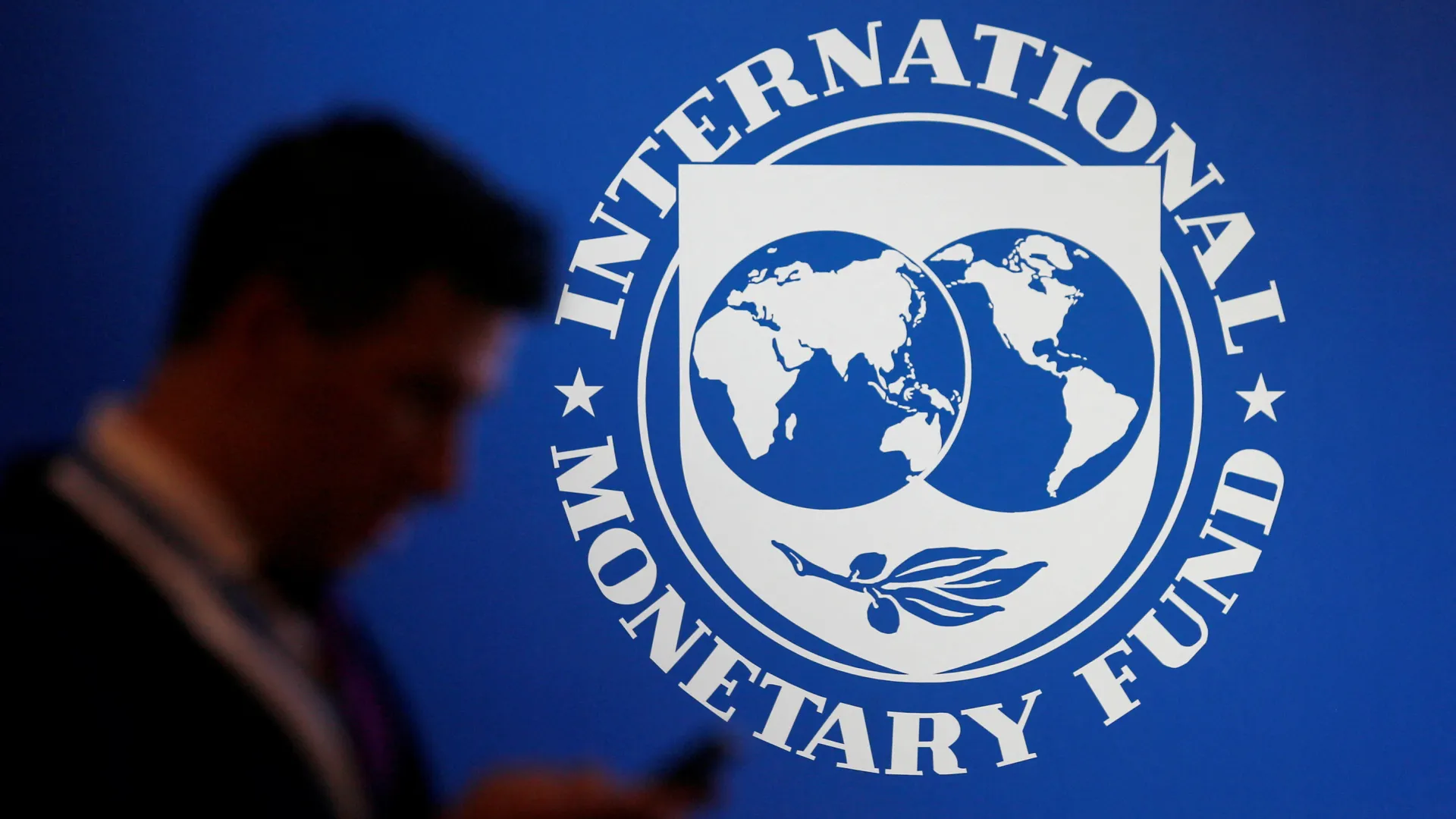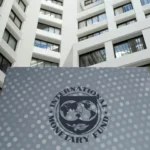The recent Pakistan IMF talks (March 14-19, 2024) offered a glimmer of hope amidst a sea of economic woes. The nation, grappling with high inflation (23%), dwindling foreign reserves ($8 billion), and a crushing debt burden ($130 billion+), desperately needs financial support. Securing the remaining tranche from the current $3 billion IMF program and negotiating a new, long-term loan were paramount objectives. Here’s what went down:
Pakistan IMF Talks: Key Points on the Negotiation Table
- Completing the Current Program: Finalizing the Staff-Level Agreement (SLA) and the Memorandum of Economic and Financial Policies (MEFP) for the existing $3 billion Stand-By Arrangement (SBA) was a top priority. This paves the way for the release of the much-needed final tranche of $1.1 billion, expected by April 12th, 2024.
- Eyeing a Bigger Lifeline: Pakistan expressed keen interest in an $8 billion Extended Fund Facility (EFF) from the IMF. While offering a more substantial financial cushion, this program likely comes with stricter conditions. Discussions on the Resilience and Sustainability Facility (RSF) were also on the table, potentially bolstering economic resilience.
- Tax Reforms: Broadening the Net: The IMF likely pushed for broadening the tax base and improving tax collection efficiency. Cryptocurrencies, real estate tax slabs, and capital gains on listed securities might see revisions. Currently, withholding tax and gain tax on property sales for non-filers stand at a meager 7% and 4%, respectively – a potential area for significant revenue generation.
- Energy Sector Woes: Taming the Circular Debt Monster: Addressing the chronic issue of circular debt in the power sector, currently at a staggering Rs545 billion, was a major talking point. Pakistan agreed to raise electricity tariffs from July 1st, 2024, but the proposed hike faced skepticism from the IMF. Digital monitoring to tackle widespread electricity theft and managing outstanding dues owed to Chinese power plants under CPEC were also discussed.
- Protecting the Vulnerable: The IMF emphasized the importance of safeguarding beneficiaries of the Benazir Income Support Program (BISP), a vital social safety net program for low-income families.
- Privatization: A Contentious Issue: Privatization of state-owned enterprises (SOEs), especially the national flag carrier Pakistan International Airlines (PIA), was reportedly a key discussion point. The IMF might see this as a way for Pakistan to generate revenue and improve the efficiency of these entities. However, the government faces concerns about job security, potential service disruptions, and the overall impact on the economy.
Commitments Made, Concerns Raised
- Pakistan: Completion of the current program with adherence to most IMF conditions, including tight monetary policy and market-based exchange rates. Agreement to raise electricity tariffs, albeit at a level contested by the IMF. Rejection of revisiting the National Finance Commission (NFC) award despite federal fund shortages.
- IMF: Recognition of improvements in Pakistan’s economic management, paving the way for the final tranche release. Openness to discussing a new, long-term program.
Potential Risks
- Pakistan: The social and economic repercussions of further austerity measures on vulnerable populations and the feasibility of achieving ambitious tax revenue targets remain pressing concerns.
- IMF: Will Pakistan maintain reform momentum and effectively implement necessary changes for long-term economic stability? The proposed solutions to address circular debt and electricity theft also raise questions about their effectiveness.
The National Finance Commission (NFC) Award: A Sticky Point
The Pakistani government’s refusal to revisit the NFC award, which determines the distribution of federal tax revenue among provinces, was a sticking point. The IMF might advocate for a review to ensure a more equitable distribution of resources, particularly considering the financial constraints faced by the federal government.
The Road Ahead and Beyond
- Pakistan’s Executive Actions: The Pakistani government is expected to take steps towards implementing agreed-upon reforms, including potentially introducing a revised budget reflecting these changes.
- IMF Executive Board Meeting: The IMF’s Executive Board is scheduled to meet in late April to consider the staff-level agreement and decide on approving the release of the final tranche from the current program.
- Negotiations for a New Loan Program: If the current program is approved, negotiations for a new, long-term program can commence in earnest.
Propositions for Long-Term Stability
- Pakistan: Negotiating a new program that balances the need for financial stability with social welfare concerns. Diversifying its export base and attracting foreign investment will also be crucial. While privatization might be a future consideration, the government should carefully weigh its potential benefits against potential job losses and service disruptions.
- IMF: Providing technical assistance to help Pakistan implement reforms effectively. The IMF should also consider the social impact of austerity measures and work with Pakistan to develop targeted programs to protect vulnerable populations.
The Road to a Sustainable Future
The upcoming IMF Executive Board meeting in late April will be a critical milestone. Approval of the staff-level agreement unlocks the final tranche of the current program and paves the way for negotiations on a new, long-term loan. However, this is just the beginning of a long journey.
For Pakistan, achieving long-term economic stability requires a multi-pronged approach:
- Effective Implementation: Successfully implementing agreed-upon reforms, including tax reforms and tackling the energy sector’s challenges, will be paramount.
- Diversification & Growth: Pakistan needs to diversify its export base beyond textiles and apparel to reduce dependence on a single sector. Attracting foreign investment and promoting domestic entrepreneurship are crucial for sustainable economic growth.
- Social Safety Net: Protecting vulnerable populations from the impact of austerity measures is essential for social stability. Programs like the BISP need continued support.
The Path Ahead is Uncertain
The success of the IMF program hinges on both Pakistan’s commitment to reforms and the IMF’s willingness to consider the country’s specific challenges. Transparency and open communication between the government, the IMF, and the public will be crucial for building trust and ensuring successful implementation.
Also Read: Pakistan’s Election Dilemma
While the path ahead is fraught with uncertainty, the recent discussions offer a glimmer of hope. By embracing necessary reforms while safeguarding its people’s well-being, Pakistan can navigate these economic challenges and emerge on a more sustainable path towards a brighter future.
Your go-to editorial hub for policy perspectives and informed analysis on pressing regional and global issues.




![The Afghan government has initiated digging trenches to capture rainwater and snowmelt on a mountain on the outskirts of Kabul [Al Jazeera].](https://southasiatimes.org/wp-content/uploads/2020/07/Kabul-150x150.jpeg)
Add a Comment